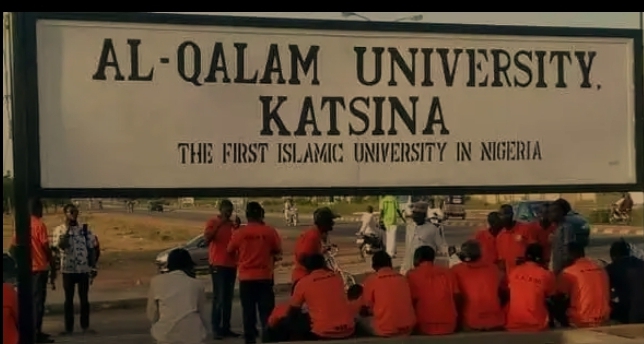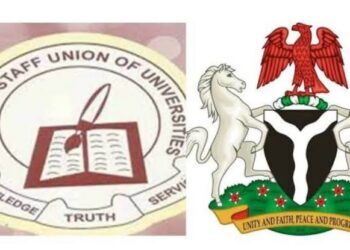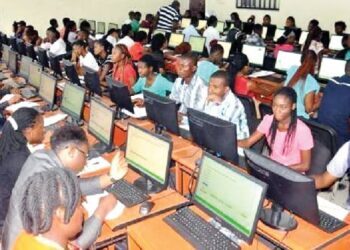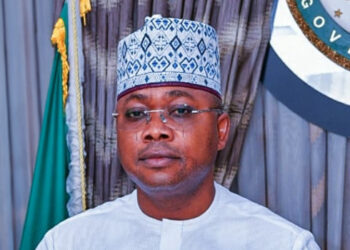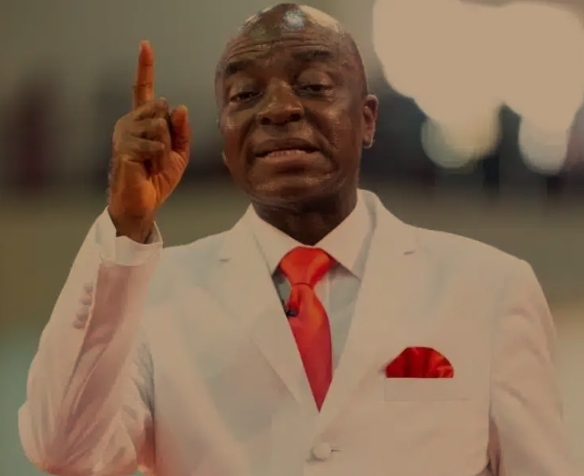Al-Qalam University in Katsina State says the National Universities Commission (NUC) has granted it full accreditation to run 13 undergraduate programs.
The university’s spokesman, Malam Akilu Abubakar stated on Saturday in Katsina that the NUC conveyed its approval in a letter dated March 9 and addressed to the vice-chancellor, Prof. Nasiru Musa-Yauri.
“The letter was signed by NUC’s Deputy Director of Accreditation, Mr S S Ikani on behalf of the NUC Executive Secretary, Prof. Abubakar Rasheed,’’ Abubakar stated.
He added that Al-Qalam recorded an impressive performance in the accreditation exercise conducted by the NUC between November and December, 2022.
“Based on approved guidelines, the NUC teams assessed 13 undergraduate programs of the university spread between the Colleges of Social and Management Sciences, Computing and Information Sciences, Education and Natural and Applied Sciences.
“The NUC results showed impressive performance by the university as all the 13 programs obtained full accreditation status,’’ he stressed.
Abubakar listed the programs as BSc. Microbiology, BSc. Biochemistry, BSc. Science Laboratory Technology, BSc. Political Science, BSc. Sociology, and BSc. Accounting.
Others are BSc. Business Administration, BSc. Economics, BSc. Software Engineering, BSc. Mathematics and B.Ed. Arabic, English and Hausa.


